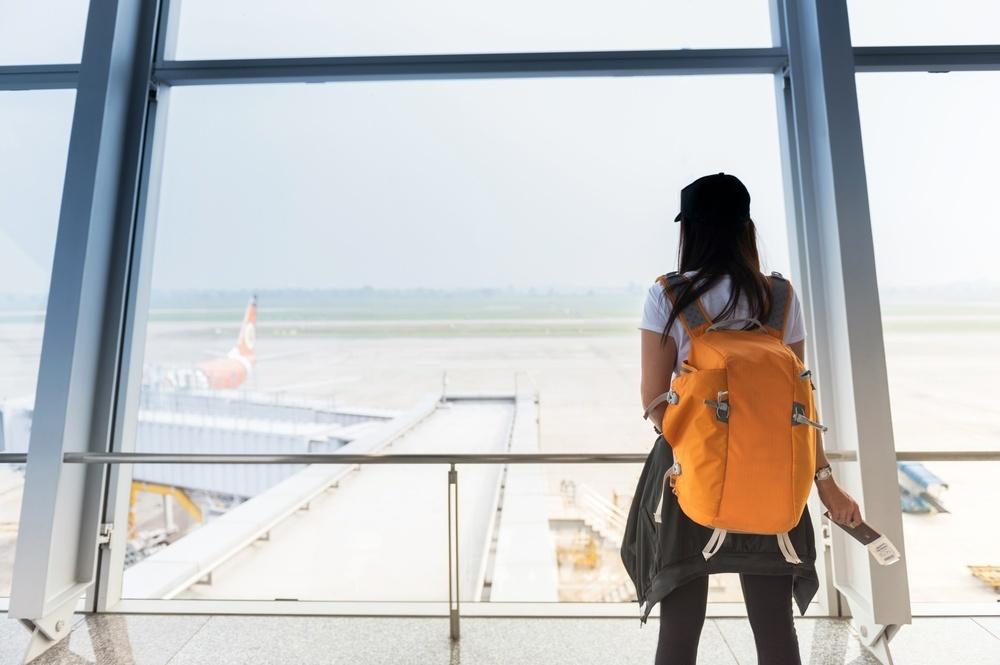3 Tips for Using the Collaborative Economy for Business Travel
CJ Todd | November 23, 2016


In the era of ubernomics, more and more business travelers are using the collaborative economy to save money and have a local experience. Here are some best practices to keep in mind when using peer-to-peer services on your next business trip.
According to a new study from International SOS, 27 percent of international business travelers surveyed used ride-sharing services and 22 percent plan to increase their usage of home-sharing services.
As the collaborative economy makes a push to attract more business travelers, it becomes increasingly important for companies to create policies for their employees on how to best (and safely) use these services. International SOS found that over 70 percent of companies don't have any type of protocol.
Even though the collaborative economy offers convenience and alternative experiences for business travelers, companies should address the new risks for their employees as well.
In a recent article for Smart Meetings Magazine, Nina Sayawat shares four best practices for companies and business travelers using the sharing economy for business travel.
Make sure these services are legal at your destination.
Local governments have struggled to establish regulations for peer-to-peer services in many places around the world. In some locations, Airbnb and Uber are battling lawsuits in an effort to maintain legality. San Francisco and New York City are two major markets that have recently passed laws restricting the use of Airbnb. Boston officials recently considered—but ultimately did not pass—a bill banning Uber pickups at Boston Convention & Exhibition Center. Make sure you check into how services can being used in your destination. You'd hate to miss a meeting or convention because Uber can't pick you up from the airport.
Consider your customer service, support and amenity needs.
In most cases, Airbnb accommodations will not have the same services and amenities hotels can offer. There are usually no multilingual concierge, late check-in options, room service or onsite fitness centers. Even though you may want a local experience while away from the office, your main objective while on a business trip is to be productive. Without the optimized travel experience offered by a hotel, you might find yourself worrying about the wrong things. Make sure you carefully read reviews of the listing before you make a decision.
Keep in mind vetting processes and standards for staff.
The staff at a top hotel and drivers from a trusted car service have been formally vetted through background checks and interviews. Although collaborative economy companies also screen their applicants, recent reports of Uber drivers assaulting passengers has called into question the rigor of the screening process and the validity of peer reviews. With hotels, you're paying for the ease of mind that you'll be safe and comfortable in an unfamiliar place.
You must consider the safety risks of your destination. Travelers may prefer the infrastructure, security protocols, technology and support that hotels and regulated car services offer. Hotels and car services have security teams and emergency response systems that most home-shares and ride-shares will be unable to provide. Not all cities require such a high level of security, so you should carefully consider the situation in each destination.
Share your business travel experiences in a comment below. I'd love to hear how you've used the collaborative economy while traveling for work.
Interested in knowing more about partnering with platformOS?
Ensure your project’s success with the power of platformOS.